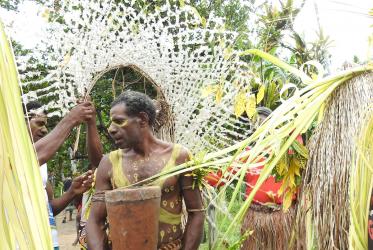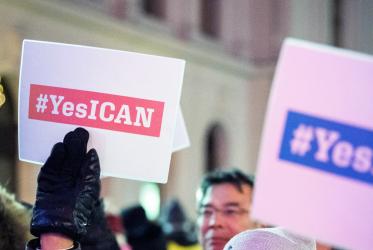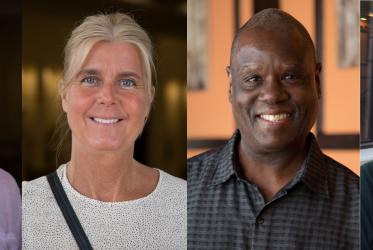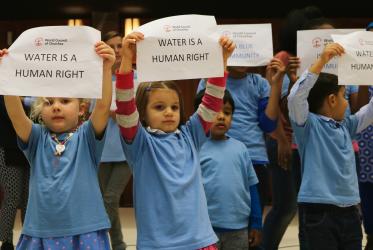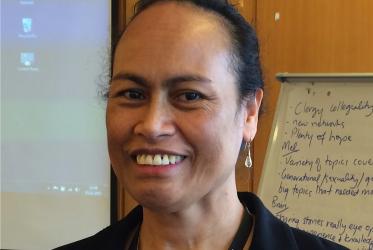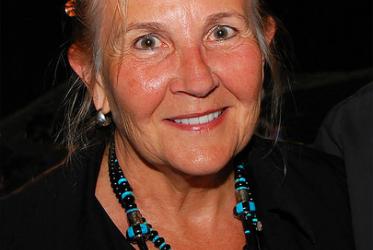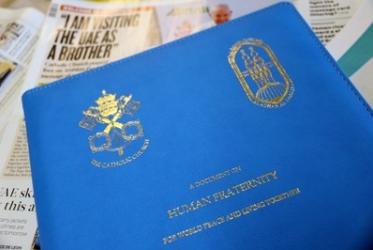Displaying 1 - 19 of 19
United Church of Canada launches Korea Peace Appeal
27 January 2022
WCC calls for prayers in wake of shooting in Canada
23 April 2020
In Fiji, young people ‘walk the talk’ with advocacy
12 September 2019
How can you help refugees?
11 October 2018
Peace consultations of hope
07 July 2017
Church challenge: Welcoming "strangers" in a climate of fear
18 November 2015
“Children are the heroes of the aboriginal residential schools story”
25 September 2015
Momentum builds for ban on nuclear weapons
16 December 2014
Anglicans and Lutherans join hands in Ottawa
11 July 2013
Praying for justice and peace in Azzun
22 October 2012


